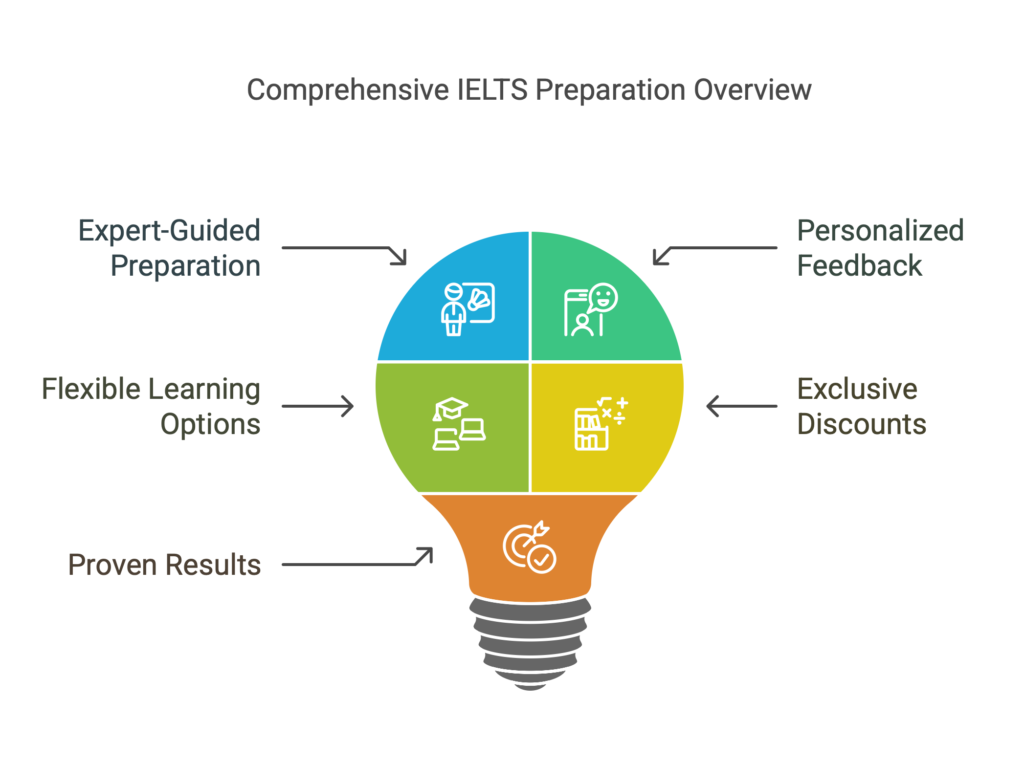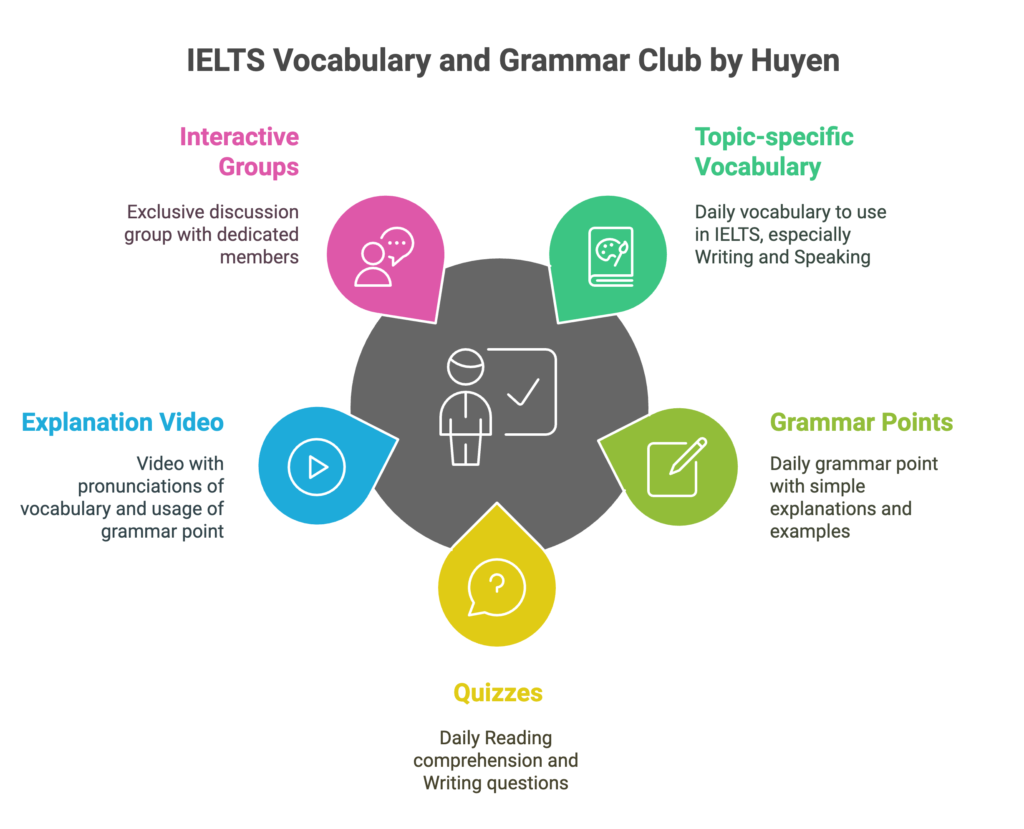If you’re gearing up to take the IELTS writing exam, you’re likely aware that IELTS evaluates various aspects of your English language proficiency. Among those are coherence and cohesion, which are often underestimated by test takers. They play a pivotal role in determining your IELTS writing score. Let’s dig into why coherence and cohesion matter and how you can master them to ace your IELTS essay.
What are coherence and cohesion anyway?
Coherence and cohesion are terms that refer to the overall organization and structure of your written work.
- Coherence: logical flow and connectivity of your ideas;
- Cohesion: how different parts of your essay are linked together.
These are the two elements that ensure your essay reads smoothly and your ideas are presented in a clear and connected matter.
Why do they matter so much?
- Clarity for the examiner. Coherence and cohesive essays are easier for examiners to read and assess. When your essay flows well, the examiner can better understand your arguments and ideas, which leads to a higher score.
- Improved readability. A well-structured essay is not only beneficial for examiners but also for any reader. It makes your essay more engaging and easier to comprehend, which can make your argument more convincing.
- Task Assessment. Coherence and cohesion are explicitly assessed in the IELTS Writing Band descriptors and this criterion contributes 25% to your overall band score. Focusing on these aspects can boost your overall score, which is essential for a high band score.
Tips to master coherence and cohesion
- Create an outline. Before you start writing, plan your essay. Decide on your main points and how they connect to each other. This will give your essay a logical structure from the beginning.
- Use paragraphs. Divide your essay into paragraphs, each with a clear topic or theme. This will help organize your ideas and provide a sense of structure. See our other posts about structuring your IELTS Writing essay into paragraphs.
- Use linking words. These are words like “however”, “moreover” and “in addition” and they guide the reader through your essay and demonstrate a local progression of ideas.
- Be consistent in tenses and style. Ensure that you maintain consistency in verb tenses and writing style throughout your essay. Sudden shifts can disrupt flow and confuse the reader.
- Avoid off-topic ideas. Stick to the topic and avoid introducing irrelevant information. This will disrupt the coherence of your essay and confuse the reader.
- Proofread before submitting. After writing your essay, take the time to proofread it. You will most likely have enough time and knowledge to do so if you follow our guide on IELTS Writing. Look for any areas where the text may lack coherence or cohesion. Make necessary revisions for clarity and connectivity.
- Practice, practice practice. The more you practice writing essays, the better you will become at maintaining coherence and cohesion. You can practice essays on Practice9, and get IELTS Writing Evaluations to learn how to improve your Coherence and Cohesion criterion.
It can be argued that coherence and cohesion are the unsung heroes that can make the difference between a good and great IELTS Writing score. These elements help your essay flow smoothly and ensure your ideas are clearly and logically presented.
Remember to practice, and have fun learning!















Responses